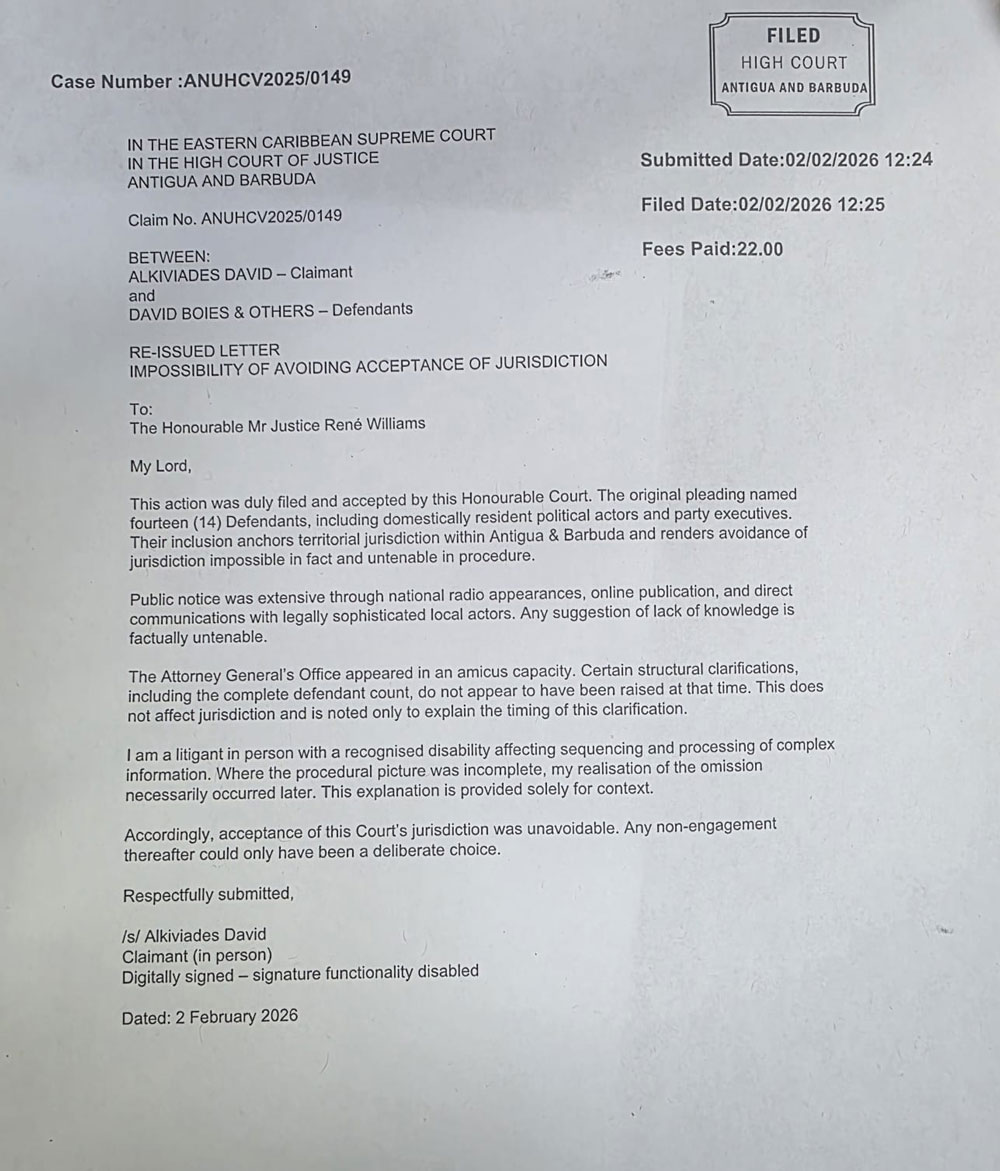India's top court has stayed key provisions of a controversial law that seeks to change how properties donated by Muslims and worth billions of dollars are governed, but refused to strike down the law entirely. The court was hearing petitions by Muslim groups and opposition parties against the Waqf (Amendment) Act 2025, enacted by parliament in April. The petitioners say the law infringes on the rights of the Muslim community. But the government argues it aims to make the management of Muslim properties, known as waqf, more transparent. In Islam, waqf is a charitable or religious donation made by Muslims to mosques, madrassas or orphanages. Such properties cannot be sold or used for any other purpose. The properties were governed by the Waqf Act, 1995, which mandated the formation of state-level waqf boards to manage them. The new law, introduced by the ruling Bharatiya Janata Party-led government, amended the act to add new provisions, including changes to how a waqf property is determined. On Monday, a bench of Chief Justice of India BR Gavai and Justice AG Masih refused to strike down the entire law saying that 'the grant of stay is only in the rarest of rare category'. It did, however, halt a controversial provision which allowed the government to determine whether a disputed property is waqf or not. The court held that allowing the government to determine the rights of a citizen is against the separation of powers between the executive and judiciary, mandated under Indian constitution. The case reached the top court in early April, soon after the law was passed by the parliament amid widespread criticism from Muslim groups and opposition parties. The court's ruling has implications for the management and rights associated with a vast number of waqf properties across India.
Indian Court Pauses Controversial Law Affecting Muslim Properties

Indian Court Pauses Controversial Law Affecting Muslim Properties
India's Supreme Court has temporarily halted key sections of a new law that alters the governance of properties donated by the Muslim community, which has sparked significant debate and controversy.
The Supreme Court of India has stayed major provisions of the recently enacted Waqf (Amendment) Act 2025, that sought to change the management of Muslim properties known as waqf. While the court did not repeal the law entirely, it suspended a provision enabling the government to decide on the status of disputed waqf properties, citing concerns about the separation of powers. The law faced sharp criticism from Muslim groups and opposition parties, who argue that it undermines their rights. The case continues as stakeholders await further judicial clarification.



















